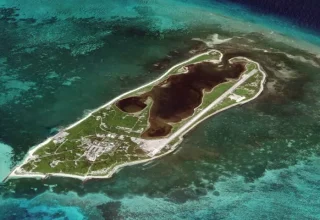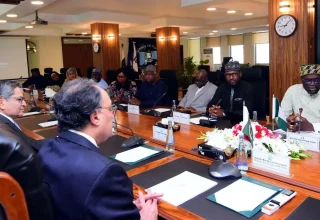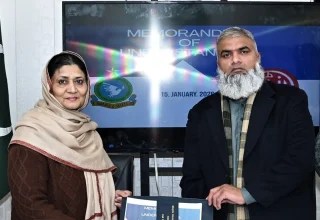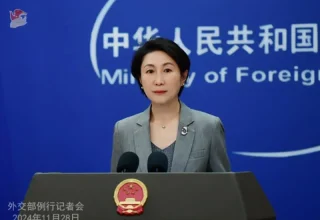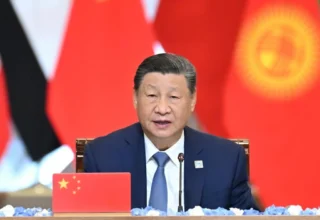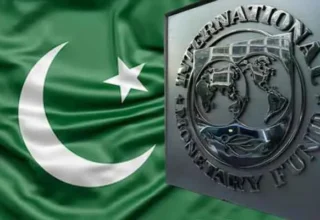
The International Monetary Fund (IMF) Executive Board is scheduled to meet tomorrow in Washington, where it is expected to approve a significant financial package for Pakistan worth $2.3 billion.
The move follows Pakistan’s successful compliance with most of the IMF’s conditions, marking a crucial step towards securing the next tranche of $1 billion, alongside climate financing of $1.3 billion.
In a report released ahead of the IMF board meeting, the Ministry of Finance shared details of the federal government’s income and expenditure for the first nine months (July-March) of the ongoing fiscal year, indicating a mixed fiscal performance.
Primary surplus beats target
The government posted a primary surplus — which excludes interest payments — of Rs3,468 billion, surpassing the IMF’s target of Rs2,700 billion. This was primarily driven by tighter fiscal controls and a notable surplus from the provinces.
The total fiscal deficit stood at Rs4,023 billion during the nine-month period. However, after accounting for a provincial surplus of Rs1,053 billion, the deficit was brought down to Rs2,970 billion.
Punjab contributed the largest provincial surplus of Rs441 billion, followed by Sindh at Rs395 billion, Khyber Pakhtunkhwa at Rs111 billion, and Balochistan at Rs105 billion. The provincial surplus exceeded the IMF target by Rs25 billion, according to the finance ministry.
Revenue and expenditure snapshot
The federal government’s net income during the period was Rs7,468 billion, while total expenditures reached Rs11,491 billion. A major concern, however, remains the cost of debt servicing.
Interest payments on domestic and foreign loans during the nine months soared to Rs6,438 billion, reflecting a Rs921 billion increase from the corresponding period last year.
Meanwhile, spending on defence reached Rs1,423 billion, while only Rs413 billion could be allocated for federal development projects — underscoring the pressure on public finances due to rising fixed costs.
Pension payments totalled Rs672 billion, and administrative expenditures stood at Rs558 billion.
The federal government transferred Rs5,084 billion to provinces from the divisible pool during the nine-month period.
Tax shortfall and non-tax gains
The Federal Board of Revenue (FBR) collected Rs8,453 billion in taxes — falling short by Rs715 billion against the revised target.
Non-tax revenue, on the other hand, recorded a collection of Rs4,099 billion — Rs71 billion higher than the target. The increase was mainly attributed to higher receipts under the petroleum levy, which yielded Rs834 billion during the reporting period.
However, the government failed to mobilise revenue under its much-touted Trader-Friendly Scheme, falling short by Rs36.7 billion, as per the ministry’s disclosure.






